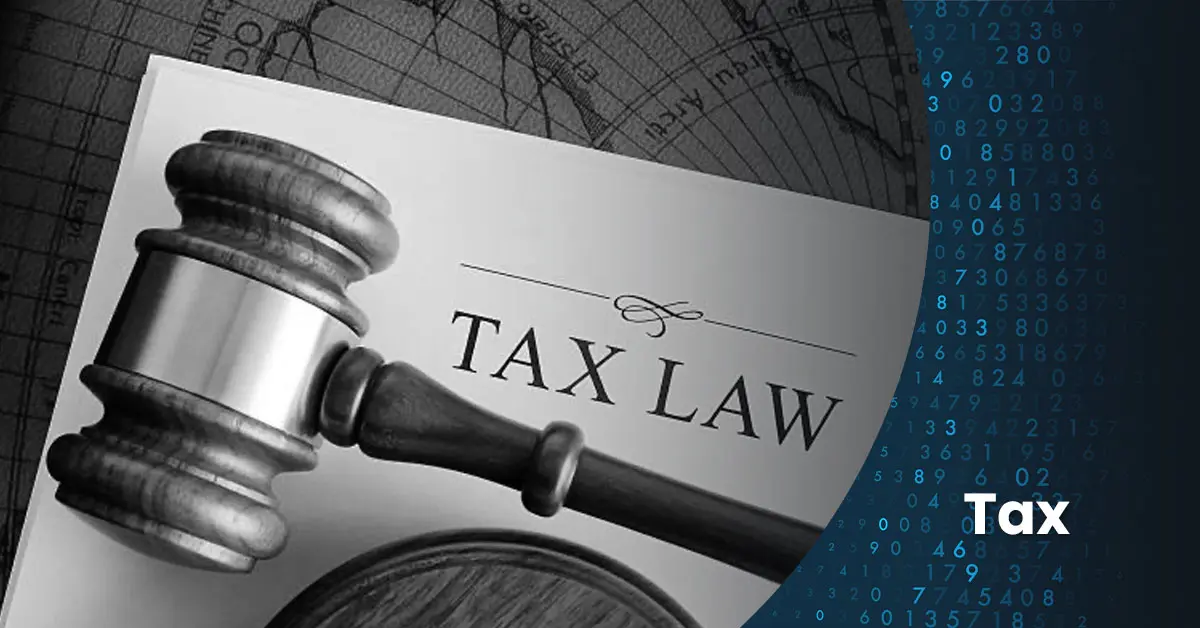By Kyle Pennacchia and Paul Ursich
In New York City, the Commercial Rent Tax (CRT) is often overlooked, and many of those who miss it face penalites and interest for late or missed filings.
Here’s a brief introduction to the NYC Commercial Rent Tax return, basic qualifications and links to more detailed information.
Are you subject to the CRT?
The CRT applies to Manhattan tenants who occupy or use property south of 96th Street for most trade, business, professional and commercial transactions. As with most taxes, there is a complicated and involved list of conditions and exemptions, but here are some chief factors that determine whether you’re subject to this tax.
- Your tax-eligible commercial activity is performed in the borough of Manhattan, south of the center line of 96th Street.
- As a tenant, you pay an annual or annualized gross rent of at least $250,000. (Tenants with annual taxable rents of between $250,000 and $300,000 can get sliding-scale credits that partially offset the tax.)
- You’re renting the premises for more than 14 days during the tax year.
Certain businesses meeting certain conditions, such as theatrical productions or nonprofits, are exempt from the tax. Billboards have their own provision and are subject to taxation under this law if the rented space meets other qualifications.
What you owe
The New York City CRT rate is 6 percent of your base rent, but all taxpayers get a 35 percent base rent reduction, reducing the effective tax rate to 3.9 percent. If you occupied space during the year, you must annualize the rent paid in order to determine your qualification. For example if you entered into a lease on July 1, met the qualification above and paid rent of $200,000 for the year, you must file the CRT, as your annualized rent would be $400,000.
Filing deadlines
Every tenant must file an annual return on or before June 20 covering the prior year, from June 1 to May 31, unless both of the following are true.
- The annual gross rent paid for any taxable premises (before deductions and reductions) is $200,000 or less.
- The rent received from any subtenant of the premises is $200,000 or less.
Every tenant who is subject to tax for a period must also file a quarterly return.
For more information
There is a host of narrower qualifications and exemptions, so read the law in greater depth to determine whether you’re subject to the CRT. These links to the New York City government site provide more details and relevant forms.
Be sure to contact your accountant for additional information or assistance in preparing your CRT return in NYC.
Kyle Pennacchia, CPA, is a manager at Wiss & Company LLP who provides tax and business advisory services to clients within the New York City metropolitan area.
As director of CFO Advisory Services at Wiss & Company LLP, Paul Ursich reviews clients’ accounting processes and procedures to help increase overall efficiency.
Reach Kyle at [email protected] and Paul at [email protected] or (973) 994-9400.

 Previous
Previous




